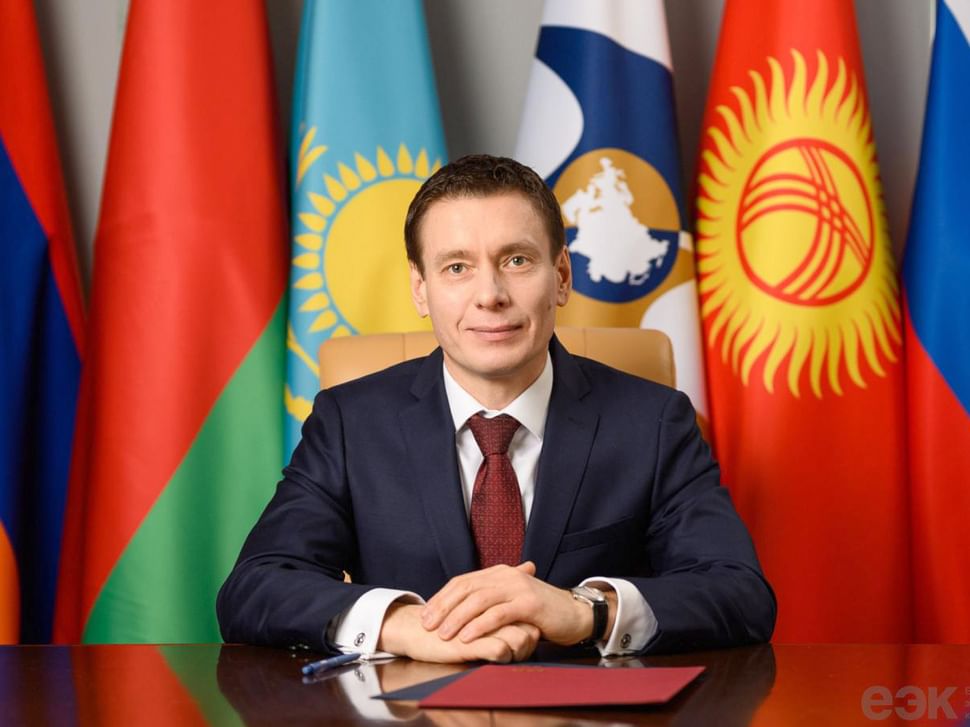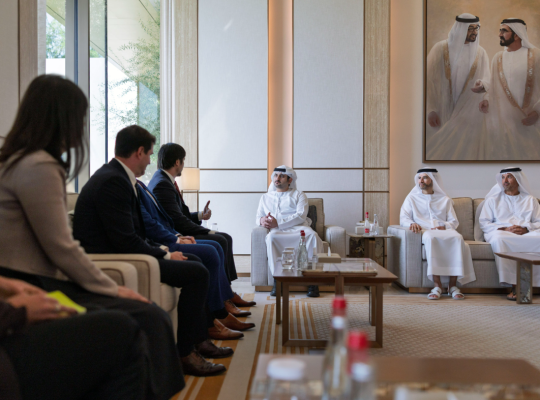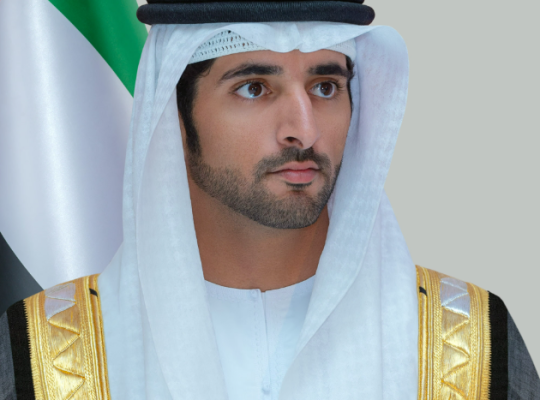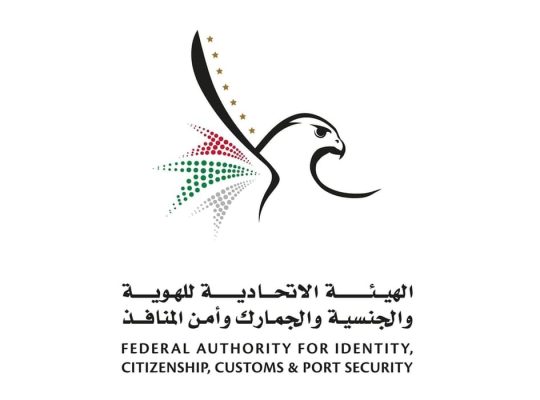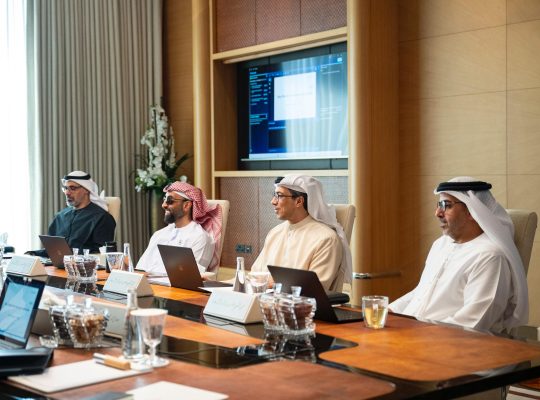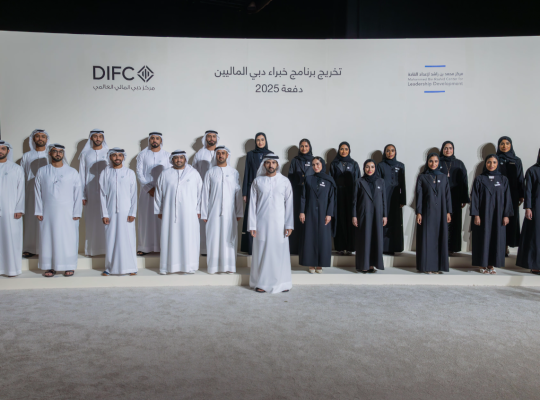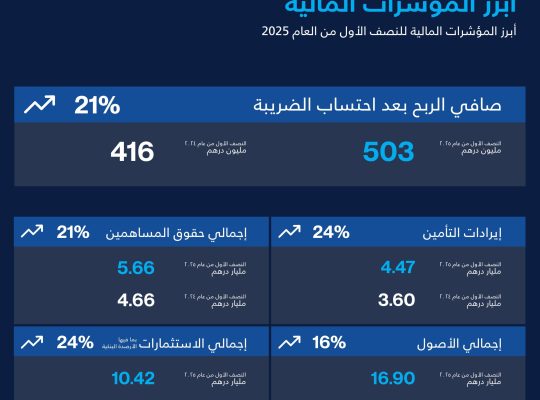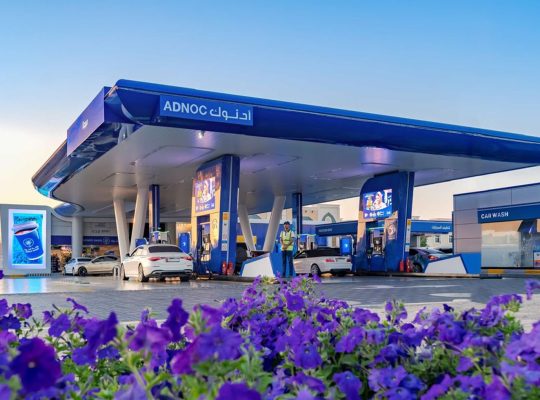Strategic Milestone in Economic Cooperation
Andrey Slepnev, Minister in charge of Trade at the Eurasian Economic Commission, emphasized that the Comprehensive Economic Partnership Agreement (CEPA) with the UAE marks a pivotal moment in enhancing economic ties with the Eurasian Economic Union (EAEU).
Trade Diversification and Investment Enhancement
The agreement is designed to support trade diversification and boost mutual investment flows, elevating their economic partnership.
Significant Trade Growth
Slepnev highlighted the UAE’s role as a significant trading partner for the EAEU, with its share in the Union’s total foreign trade rising to two percent. EAEU exports to the UAE have quadrupled in two years, while Emirati exports to the Union increased by over 50 percent.
CEPA’s Impact on Trade Expansion
The CEPA aims to further this growth by eliminating customs restrictions and reducing duties on over 85 percent of goods. Customs duties on Union products in the Emirati market will decrease from 5 percent to 0.6 percent, and on Emirati products in Union markets from 5.9 percent to 1.5 percent.
Key Sectors and Opportunities
The agreement benefits various sectors: the Union will export metal products, petrochemicals, consumer goods, transport means, and processed agricultural goods. In return, the UAE will gain wider market access for polymers and other consumer products.
Strategic Partnership and Global Trade Dynamics
Slepnev stressed the UAE’s strategic partnership role due to its location, infrastructure, and economic policies. The UAE serves as a key trade hub, allowing EAEU countries access to Middle Eastern and North African markets.
Focus on Agriculture and Industry
The CEPA targets high-priority sectors like agriculture and industry, reflecting their strategic significance to both regions.







